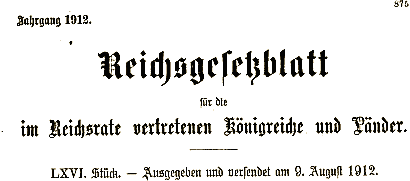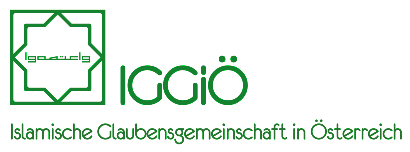Reactions to the Proposed Islam Law
This is the third in a four-part series on the new Islam Law. Previously: Part 1, Part 2.

Introduction to Part 3
by Elisabeth Sabaditsch-Wolff
At first, the IGGiÖ (Die islamische Glaubensgemeinschaft in Österreich, Islamic Faith Community in Austria) was thrilled about the new draft law. However, after carefully perusing the contents, the representatives came to the conclusion that the law was not as pro-Islam as they had hoped for. As a result, the IGGiÖ and its Shura Council rejected the draft law.
Here’s the report from ORF. I’m grateful to JLH for the translation:
Islam Act — IGGiÖ Rejects the Draft
After consideration by its Shura Council, the Islamic Religious Community in Austria (IGGiÖ) has definitively rejected the government draft for a new Islam Act.

A similar position taken by the Supreme Council — the governing body, so-to-speak, of the IGGiÖ — confirmed the Shura Council, which is more or less the “parliament” of the religious society. To be sure, there is acknowledgment of improvements in comparison to the draft result of the review procedure, but the IGGiÖ maintains its criticism as voiced in the review process.
Primacy of Austrian Law “Natural”
The IGGiÖ states: “The specific statement of the primacy of Austrian law in the text of the law comes against the background that no other religious law is formulated this way, as a kind of suspicion of lack of loyalty among Muslims. And yet, the primacy of Austrian law for Muslims in Austria is a natural thing, which they have confirmed in the constitution of the IGGiÖ.”
To be sure, the governmental template passed by the ministerial council allocates the IGGiÖ its own segment, but this does not obviate the criticism of a “failed concept in the draft.” In the spirit of the Islam Act of 1912, what is required is a law for the IGGiÖ — the Islamic religious community — which includes the four Sunni and three Shi’ite paths of Islam. “Otherwise,” says the announcement, “Muslims cannot identify with this law.” Other religious societies should be dealt with in their own law, just as there is no “Christian Act” for various Christian denominations.
Like a Newly Founded Religious Society
The IGGiÖ complains that it is being treated like a newly-founded religious society, and could even be “abolished” by the chancellor, on indeterminate grounds. “Without a period of observation, this may be understandable for religious societies about to be founded, but there is no objective justification for this in the case of the long-established IGGiÖ.”
The IGGiÖ foresees “confusion” and problems, because the faculty which is to be established is dealt with in the general segment and not in the segment specifically intended for the IGGiÖ. Furthermore the text of the law (not just the explanatory notes) lacks an express determination of the requisite membership of teaching personnel in the IGGiÖ. Clarity is needed here, as is the case in the Protestant Act.
More on Foreign Financing
The provisions concerning the ban on foreign financing, furthermore, constitute “a clear disadvantaging in comparison to other recognized religious societies and endanger the ongoing enterprises of recognized organizations whose activities have for a long time been developing an independent Austrian profile.”
The IGGiÖ, however, also acknowledges the government’s attempts to at least partially meet its wishes. It is noted on the positive side that the government’s template in contrast to the review draft “provides for the creation of legal entities in accordance with the law for domestic religious societies, official pastoral secrecy, the explicit protection of holy days and the Friday prayers.”

Coming up in Part 4: February 12, the Day of Reckoning

So far, all this stuff on Austrian law is as clear as mud.
IGGiÖ uses the Islamic symbol
https://en.wikipedia.org/wiki/Rub_el_Hizb
also known as the
https://en.wikipedia.org/wiki/Star_of_Lakshmi .